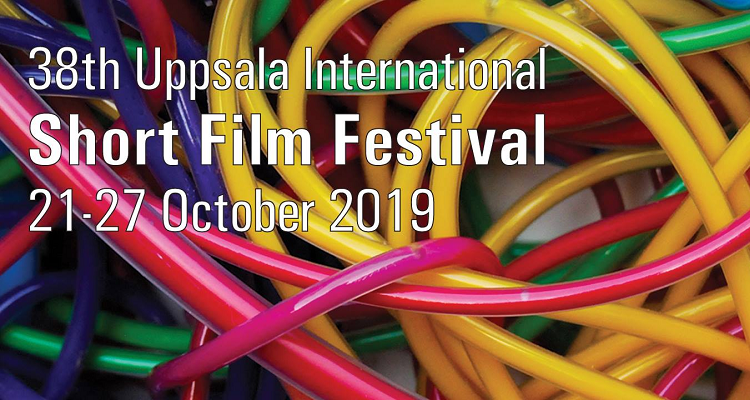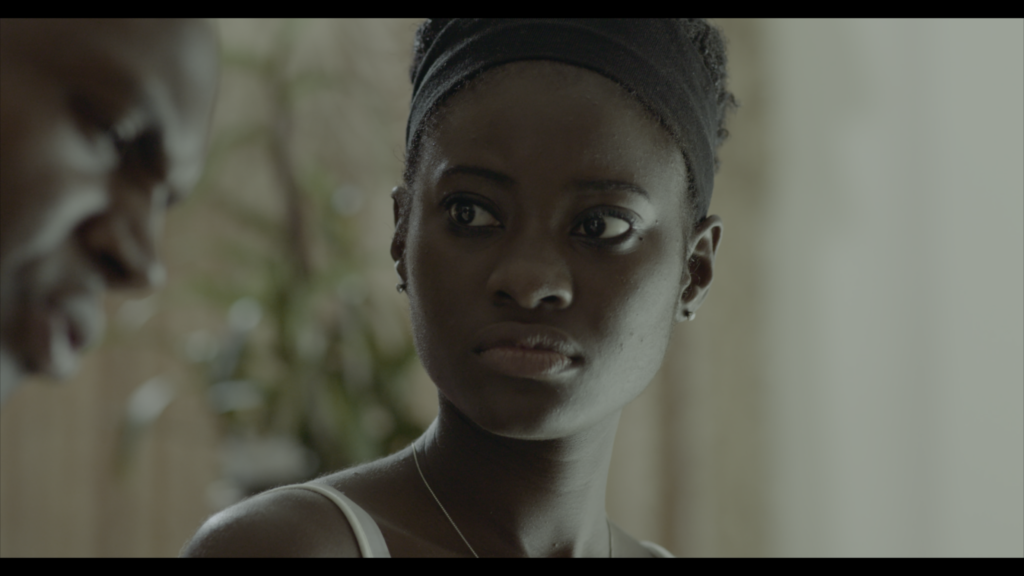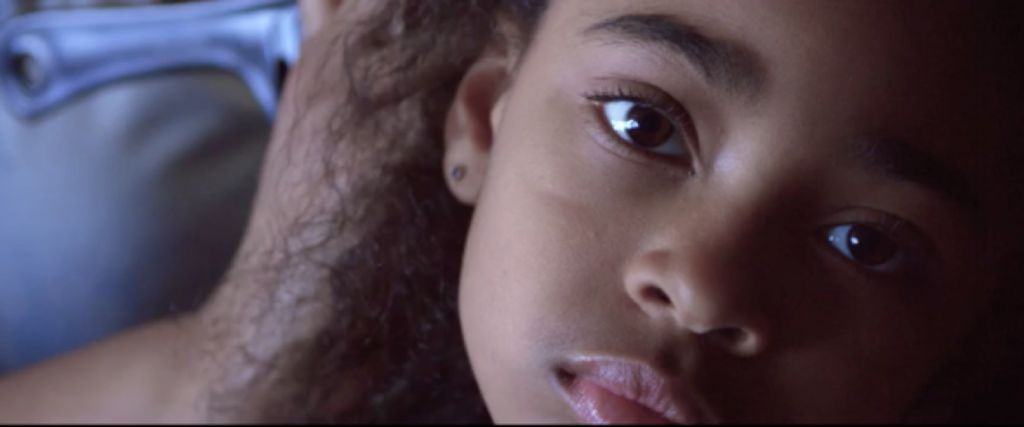Program Overview: Jamaica Now!(Uppsala International Short Film festival), Part 1
At the 38th edition of the Uppsala International Short Film Festival, seven short films were presented within the frames of the Jamaica Now! program, curated by the president of Jamaica Film and Television Association (JAFTA) Analisa Chapman, and presented by her close collaborator, and Jafta’s board member Noelle Kerr. The selection showed a diversified range of topics, and a keen interest of predominantly young film makers for the socially relevant issues. Although three films deal with the heavy weight of sexual harassment, abuse and rape at the same time bearing similarities in their points of reference, they focus on different types of victims.

Written and directed by Kurt Wright, Unspoken is a film about sexual harassment made possible by the easiness with which anyone can be shamed, defamed and scrutinized on the social media. The story unfolds against a backdrop of a job interview that not only proves to be a scam, but that also leads to a despicable act of rape.
When Stacey-Ann (Shantol Jackson) shows up at a given address for her alleged interview, she is initially impressed by the luxurious villa and the BMW parked in front of it. Her host, quick to offer her to call him Alex (Carl Samuels), seems to be a humorous, pleasant man. A casual „Have you ever modelled?“ results in a photo shoot that slowly becomes more daring. From this moment on, things go from bad to worse, and Stacey-Ann falls victim of a blackmail.
Wright’s approach to the topic of sexual abuse and rape is unusually feminine for a male director, as he shows a great dose of sensibility. Very short in format (below the 4’ mark), Unspoken could easily serve as an educational video shown in schools. It can be used to highlight the danger of predators luring young girls into their homes or generally anywhere outside of their safe zone. It also shows that reporting the abuse is the only way to stop it. In terms of its filmic values, Unspoken’s weakest point is the cast, not counting the very episodic roles of victim’s parents played by Carlo Less and Marsha Burrell. This however doesn’t harm the final result due to a good script and the swift editing by Neil Colley.

That most of abuse cases happen at home or places that should offer comfort and security isn’t a big secret, and the New York-based director Sontenish Myers aims her focus at a taboo-laden story of a sexual abuse through a family member. Cross my Heart is a film that shows difficulties of breaking the wall of silence if the abuser happens to belong to the closest family core, and especially – if he is loved and respected by everyone. The film had its North American premiere at Seattle International Film Festival, and it won the Alexis Award for Best Emerging Student Filmmaker at Palm Springs International Shortfest. Cross My heart also won the Vimeo Staff Pick Award at Hampton International Film Festival for the outstanding performances form by two young leads and a nuanced directorial approach.
When Julette comes from the USA to Jamaica to visit her cousin Sarah, she doesn’t expect to find a secret that will deeply impact her. Sarah is quiet and introverted, completely unlike the girl Julette has known all her life. The avalanche of questions brings the truth forward, but none of the solutions. Myers speaks of universal problems surrounding sexual abuse by superimposing two different angles of the tragical events. She finds great support in Zamarin Wahdat’s photography that stays close to both girls, highlighting the moods by contrasting light ad shadows. The colours get brighter, and the shots wider once the story wanders outside the house, and the screen gets splashed by the bright colours of the Jamaican nature.
The dinner table talk reveals the core of the problem rooted in the patriarchal thinking that “boys will be boys” and that “they can’t help it”, a formula repeated by so many generations across the globe, all the while the “good uncle” Melville (John Chmbers), an engineer who “can help girls with maths” calmly chews on his food like an innocent lamb. It’s the creepy reality that sinks deep into one’s heart at the realization that this is exactly how the abuse happens in real life, protected by the shield of shame and family unity. At the same time, Cross My Heart is a unique story of the bond between two cousins, their closeness and trust.
The most devastating film from the Jamaica Now! program is Haven by writer/ director Kelly Fyffe-Marshall who features a story about a little girl who breaks soul-tearing news to her mother (Tika Simone) during their hair-doing routine.
Jada (D’evina Chatrie) is just an ordinary seven-year old who likes playing with her Barbie dolls, and when she gets summoned by her mother to have her hair done, she gets immersed into a radio talk about a topic that makes her strangely focused. While her mother’s still talking on the phone, she starts asking questions that seem quite awkward for such a small girl, until it becomes apparent what’s hidden behind them.

The framing makes it possible to gasp the full scale of shock on mother’s- and melancholy on Jada’s face, and the absurdity of the terrible matter-of-factly spoken truth out of a child’s mouth comes into focus. Fyffe- Marshall leaves it to the audience to guess what comes next after the mother finds out that her child is being molested. Without names and faces the crime can be pinned to, the ghost of the child molester hovers over the film.
Yet again is the crime scene most probably the “secure” family home where nobody expects to be harmed. Haven is a film that leaves the viewer immersed in powerful emotional reactions for a very long time. It was, among other, crowned Best Short Film at People’s Film Festival in 2018, and it was the audience choice at Triforce Film Festival.
















